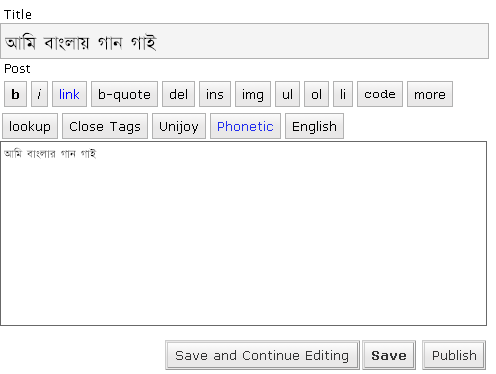I am using PHPEd for couple of months and I’ve recently upgraded to their latest edition, 5.0. So I cant resist myself from writing a review of this product.
Best features
Latest edition of PHPEd (Version 5.0, build 5019) comes with many new exciting features, a splashing look-n-feel and improved debugging functionalities for professional PHP developers. PHPEd is available in the market for quite a long time and it is popular with handful of its useful features. The latest release of PHPEd improves their editor at next level where you will really find yourself flexible to develop PHP application. Let’s look at the best feature of PHPEd that always excites me.
Browser style code navigation
Splitable edit window
Fully Unicode compatible
Excellent debugging with DBG
Excellent Code-Insight facility
Embedded Firefox
Quick HTML Objects
DB Form wizard
Embedded NuSOAP Tool
Smart Full screen Coding
Integration with Shell Menu
Built in profiler
Drawbacks
Distribution of old libMySQL (Well, just because of new licensing scheme of MySQL)
Old Help Files
Absence of old code completion for some libraries
Splittable Editing Window
This is one of the coolest features which come to my everyday use. By splitting the code window in two parts I can simultaneously work on two portion of the same file, keeping anyone as a reference.
Unicode compatibility
PHPEd comes with Unicode compatibility, this is one of the major featured I was looking in PHP editors for years. You can switch to your desired encoding anytime from tools menu->IDE Settings
Debugging with DBG
The debugging in PHPEd is cool with DBG as the backend debugger. You can set break points, watch variables and do other things with it.
Excellent code Navigation
Another feature I really liked is the different way of “code insight” – You can see the methods and variables inside your project. You can view all the classes, or all the methods under all the classes or even the methods from a single file. This thing helped a lot. And you can also search for any function inside your project using this code explorer tool.
Embedded Firefox
Yeah it’s true; it was so much fun having Firefox as the embedded browser. In PHPEd recent version you can use Firefox as embedded browser.
DB Form wizard
PHPEd can write PHP code to interact with your tables. It creates the HTML form and PHP code for CRUD operation.
Embedded support for NuSOAP
PHPEd has built-in support for NuSOAP library for creating soap servers and clients.
Smart Full screen Coding
That’s another thing I really like!! Hit the Alt+F10 and just coding!!! – Very nice feature for me!
Integration with Shell Menu
That’s another very useful feature I agree, it comes very handy to perform shell operations. PHPEd interacts with shell directly from the project explorer.
And beside these, yeah, code folding is also available.
Built in profiler
Yes, and that’s really nice. You can profile your application directly from inside PHPEd instead of setting up xdebug and WinCacheGrind. This is a very cool feature for PHP developers.
Drawbacks
Some drawbacks are there, too. One major problem that I face with PHPEd is that it has some problem with intellisense for some libraries like SPL and others. But they provide you some workaround to quick fix that. Another problem I found is old help files for Smarty, PHP and MySQL. But that won’t be a big problem if you have your own.




